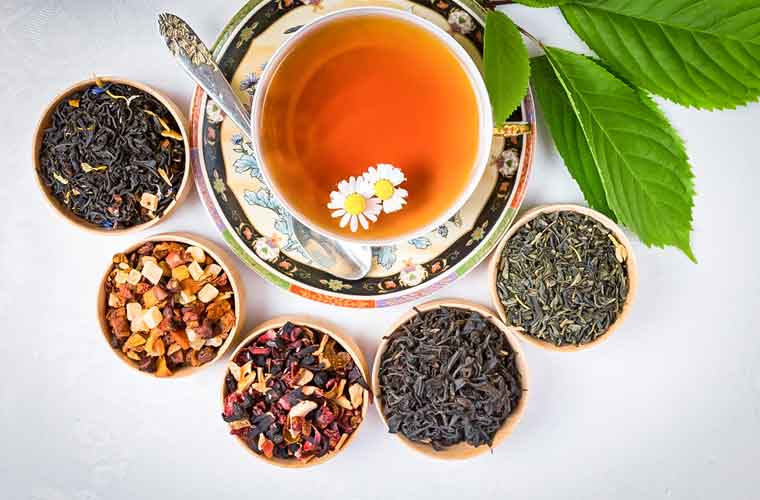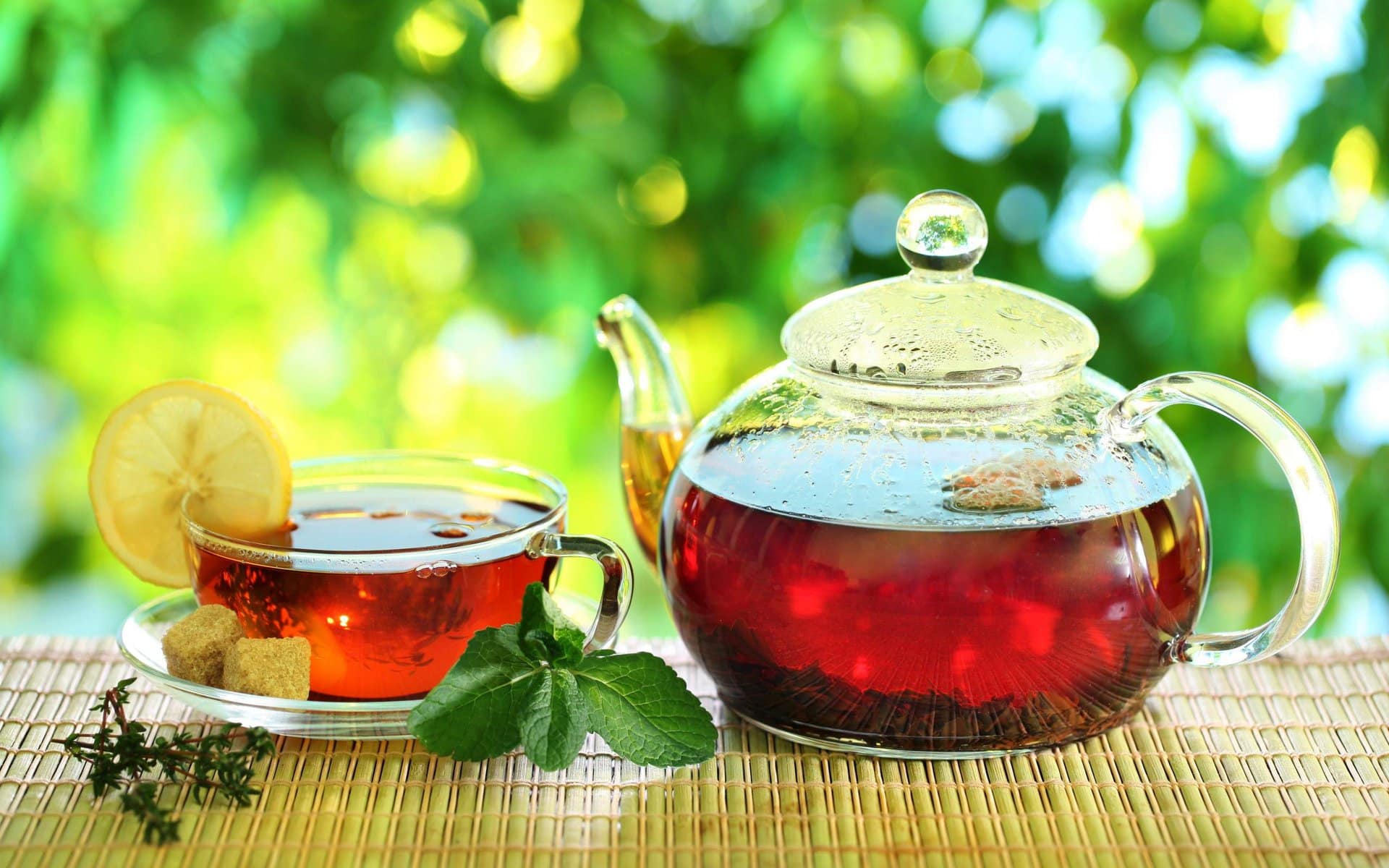Tea is popular worldwide for its various flavors and potential health benefits. In recent years, many people have turned to tea to support their weight loss goals. From green tea to herbal teas, countless weight-loss tea recipes are available. Here are five common questions answered about weight loss tea recipes:
Can Tea Help with Weight Loss?

Yes, tea can be a helpful addition to a weight loss plan. Some types of tea, such as green tea, are rich in antioxidants and have been shown to boost metabolism and fat burning. Additionally, tea can help promote feelings of fullness and reduce cravings for unhealthy snacks. However, it’s important to remember that tea alone is unlikely to result in significant weight loss. A balanced diet and regular exercise are the most important factors for successful weight management.
What are Some Popular Weight Loss Tea Recipes?
Countless weight loss tea recipes are available, but some of the most popular include green tea, oolong tea, and herbal teas like ginger tea and peppermint tea. Here are a few recipes to try:
Green Tea and Lemon: Brew a cup of green tea and add a squeeze of fresh lemon juice. This simple recipe is packed with antioxidants and can help boost metabolism.
Oolong Tea with Cinnamon: Brew a cup of oolong tea and add a dash of cinnamon for flavor. Oolong tea has been shown to help reduce body fat and can be a great addition to a weight loss plan.
Ginger Tea with Honey: Brew a cup of ginger tea and add a drizzle of honey for sweetness. Ginger has anti-inflammatory properties and can help improve digestion, while honey provides a natural source of energy.
Peppermint Tea with Lemon: Brew a cup of peppermint tea and add a squeeze of fresh lemon juice. Peppermint tea can help reduce cravings for unhealthy snacks, while lemon adds a refreshing citrus flavor.
Any Risks Associated with Drinking Weight-Loss Tea?

While tea is generally considered safe, some potential risks are associated with weight-loss tea. Some teas, particularly those containing caffeine, can cause insomnia, jitteriness, and other side effects. Additionally, some weight loss teas may contain high levels of certain compounds that can be harmful in large amounts. For example, senna, a natural laxative often found in weight loss teas, can cause digestive issues and dehydration if consumed in excess. It’s important to read the labels and ingredients of any weight loss tea before consuming it and to talk to a healthcare professional if you have any concerns.
Can I Drink Weight-Loss Tea Every Day?
Generally, it’s safe to drink moderate amounts of tea daily. However, it’s important to remember that tea should not be used as a substitute for a balanced diet and regular exercise. Additionally, some weight loss teas may contain high levels of caffeine or other compounds that can be harmful in large amounts. As with any dietary supplement, it’s important to use weight-loss tea in moderation and talk to a healthcare professional if you have any concerns.
Tips for Making Weight Loss Tea Recipes More Effective?
While weight loss tea can be a helpful addition to a weight loss plan, you can do a few things to make your tea recipes more effective. First, make sure you are using high-quality tea and fresh ingredients. Second, consider adding other healthy ingredients like lemon or ginger to your tea for flavor and potential health benefits. Finally, be sure to drink your tea in moderation and as part of a balanced diet and exercise routine for the best results.
Conclusion
Weight loss tea recipes can effectively support a healthy weight loss journey. These teas are easy to make and can be customized to fit individual preferences and needs. It is important to note that while weight loss tea recipes can be a helpful addition to a healthy lifestyle, they should not be relied on as the sole method of weight loss. Maintaining a balanced diet, exercising regularly, and consulting with a healthcare professional before significantly changing one’s diet or exercise routine are essential. With the right approach, weight loss tea recipes can be a great tool to support overall health and wellness.






